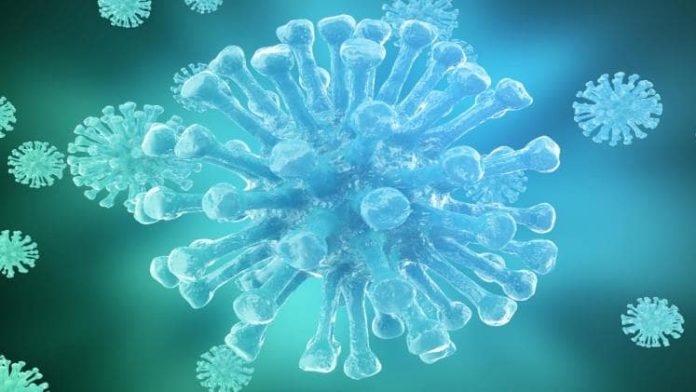Antibiotics are a class of medications that are used to treat infections caused by bacteria. They work by either killing the bacteria or preventing them from multiplying. While antibiotics are most commonly used to treat bacterial infections, they can also be effective against some types of fungal and parasitic infections.
Nutritional effects of taking Antibiotics
Antibiotics are a class of medication used to treat bacterial infections. They work by killing or inhibiting the growth of bacteria. However, antibiotics can also have undesirable effects on the body, including nutritional deficiencies.
Vitamin K deficiency
Vitamin K is important for blood clotting and bone health, and it is found in leafy green vegetables, meat, and dairy products. Antibiotics can decrease the body’s ability to absorb vitamin K from food, leading to a deficiency. Additionally, antibiotics can disrupt the balance of good and bad bacteria in the gut, leading to problems such as diarrhoea. Furthermore, some antibiotics can reduce the absorption of essential minerals such as iron and magnesium.
Foods to eat while on antibiotics
It is important to take care when eating while on antibiotics, as certain foods can interfere with the efficacy of the medication. Fruits and vegetables are generally considered safe to eat while on antibiotics, it is important to stay well-hydrated while taking antibiotics to help prevent kidney damage. Therefore, it is best to drink plenty of water or juice With a little forethought, you can minimize the side effects of antibiotics.
Foods to avoid while on antibiotics
It is best to avoid dairy products, as they can bind to the antibiotic and prevent it from being properly absorbed. In addition, it is advisable to steer clear of sugar and fatty foods, as they can slow down the digestive process and make it difficult for the body to absorb the medication. These also include high-fibre foods, such as bran cereal and raw vegetables.
How to maintain your gut health while on antibiotics?
If you are taking antibiotics and do antibiotics make you tired, there are a few things you can do to protect your gut health.
- First, be sure to take the medication exactly as prescribed by your doctor. This will help to minimize the disruption to your gut flora.
- In addition, eat fermented foods or take a probiotic supplement while you are on antibiotics.
- Finally, make sure to eat plenty of fibre-rich foods, such as vegetables and whole grains. This will help to prevent constipation.
By following these simple steps, you can help to maintain your gut health while taking antibiotics.
Tips to restore gut health after completing a course of antibiotics
It is estimated by online doctor that upwards of 70% of Americans have unhealthy gut flora. This can be due to a number of factors, including antibiotic use, stress, unhealthy diet, and more.
- There are a few things you can do to restore gut health after completing a course of antibiotics.
- First, it’s important to eat a healthy diet that includes fermented foods and plenty of fiber.
- You should also take a probiotic supplement daily, and consider taking other supplements like glutamine and zinc.
- Additionally, make sure to get enough sleep and exercise, and reduce stress as much as possible.
By following these tips, you can help to heal your gut and restore your overall health.
Conclusion
In conclusion, it is important to be aware of the nutritional effects of online antibiotics before starting a course of treatment. However, by following a few simple tips, you can help to minimize the side effects of antibiotics and restore your gut health after completing a course of treatment.

